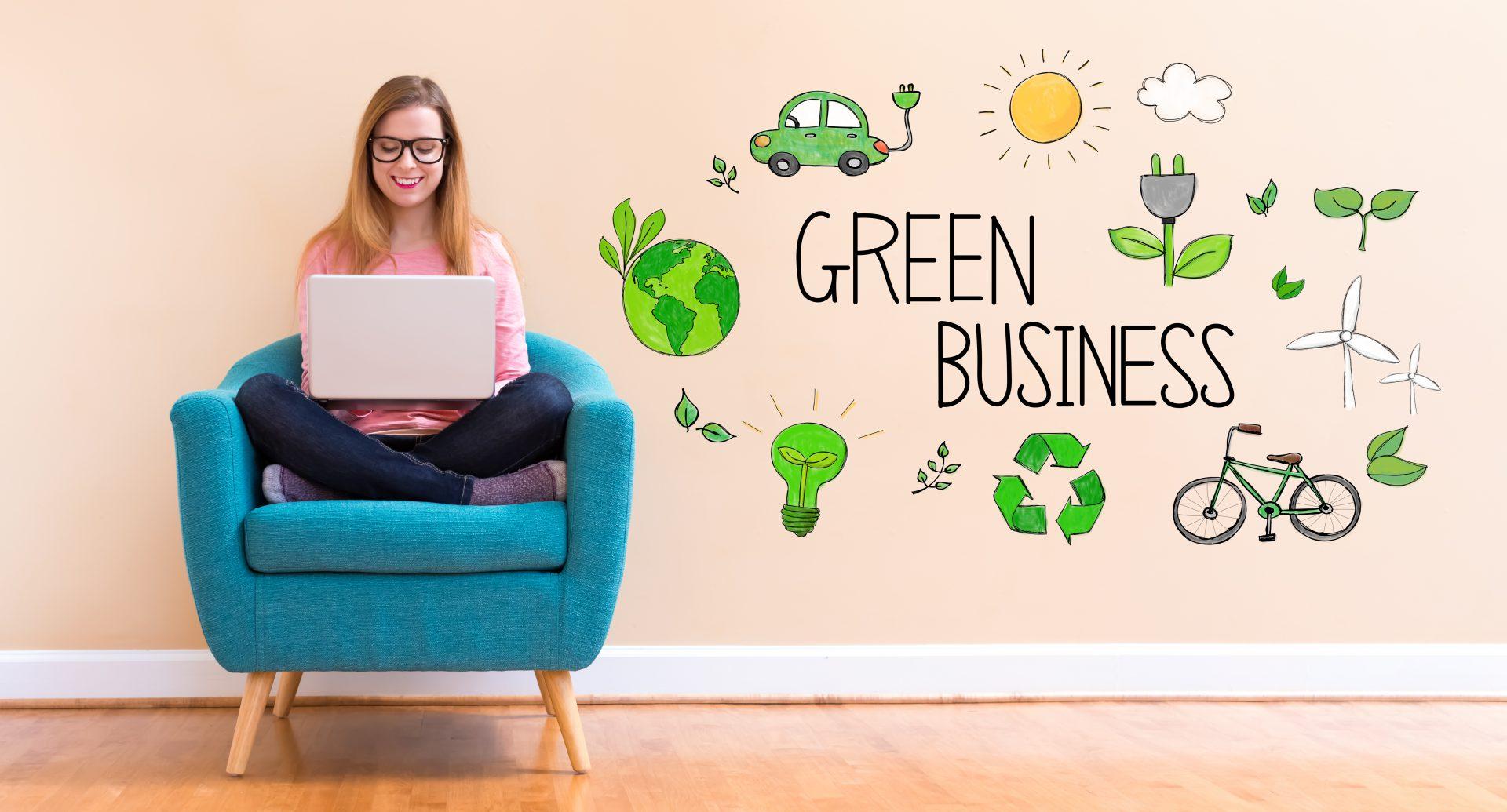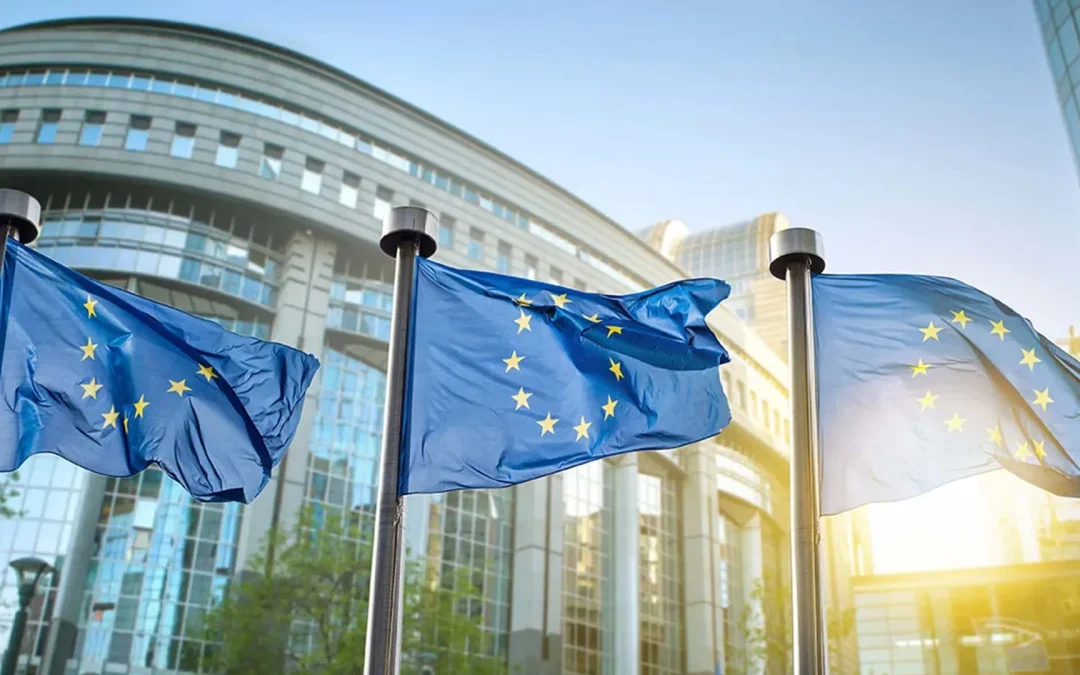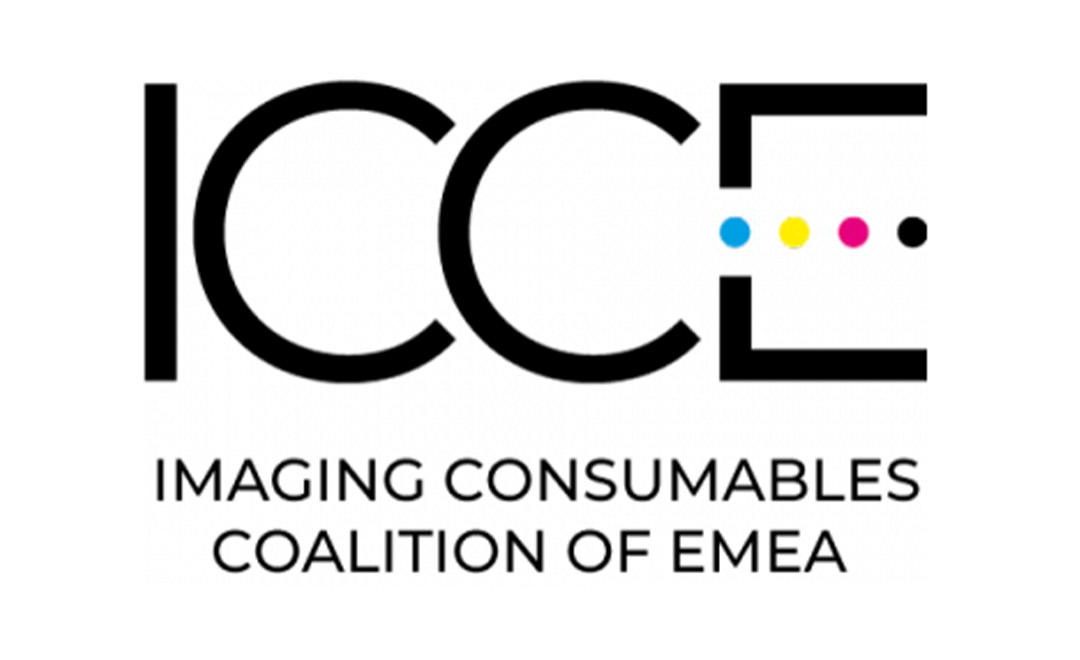At the background of the green transition needing to come up to speed, Euroconsumers polled for consumers’ experience with, and opinions of, green claims and labels in Belgium, Italy, Portugal and Spain.
Results show consumers want to buy more sustainable goods and services, and clearly find labels a good tool for that, but at the same time are struggling with a clear lack of understanding and trust fostered by untruthful, misleading, or confusing “green claims”.
Euroconsumers said it eagerly awaits the initiatives of the European Commission to empower consumers in the green transition and tackle greenwashing, expected for 2022.
To start, the survey shows consumers want to contribute to the green transition:
- 93% believe it is somewhat to very important to have good ecological behaviour;
- 86% state they take at least some actions to put in practise ecological behaviour;
Moreover, consumers clearly find labels an important tool for taking such action and do pay attention to them when buying products or services. This appreciation strongly increased over the last 5 years (+ 50%) and since the covid pandemic (+ 18%):
- A robust majority believe that products and services indicating environmental information are somewhat to very useful (90%);
- 9,5% always pay attention to them when buying products, 35% most of the time, and another 36% sometimes;
- 81% fully agree that every product should indicate its environmental impact level;
- Half state they would prefer to buy a product with an environmental label rather than onewithout (53%).
However, true consumer empowerment stands or falls with clear, right and trustworthy information. Exactly this appears to be a key obstacle, with survey results showing there is a clear lack of knowledge, and more importantly trust, in many existing green claims and labels, both public and private ones:
- 60% of respondents state they consider themselves poorly or not informed at all about the requirements to use green claims.
- Consumers find environmental labelling confusing, with 54% believing it is merely a marketing strategy to increase sales.
- 53% of the respondents indicate not being able to distinguish between false and true green claims.
- Moreover, trust in public and private authorities to actually verify green claims is also lacklustre, with only 18% of respondents trusting public authorities and 14% private organisations in doing so.
These are disquieting findings as it undermines not only consumers’ engagement, but even more the success of the green transition. Euroconsumers welcomes there is finally a strong market dynamic in favour of more sustainable products, with many market players joining the greener path and using claims and labels to indicate that. However, in order to safeguard a healthy market and ensure consumers’ trust, it is crucial to get rid of those labels and claims that are unclear, unsubstantiated and even misleading.
To make this happen, Euroconsumers, together with BEUC, calls for the set-up of a centralised accreditation scheme which would pre-approve all green claims/labels before they are put on the market – instead of merely taking them off afterwards. With a swift and efficient pre-approval process by an EU authority based on strong, ambitious, objective and evidence-based criteria, along with market surveillance authorities conducting systematic compliance checks. This corresponds to consumers’ call for more standardised green claims, 79% fully in favour, and severe fines for companies using false ones, 86% fully agreeing.
Although 59% indicate they would never buy a product knowing its green claim is false, 19 % would do so if it is cheaper and 20 % if it was of higher quality. This shows there is a clear need for consumers to have an indication of the sustainability of the product, in combination with the quality and price.
That’s why Euroconsumers’ organisations in Belgium, Spain, Italy and Portugal have started, based on their independent product tests, with a “Green Choice” label that points out to consumers what products are sustainable while also delivering good quality.
“Consumers have a key role to play in the green transition. At Euroconsumers we do not merely want consumers to be at the centre of it, we want to empower them to become drivers for more sustainability” said Marco Pierani, Director of Public Affairs & Media Relations at Euroconsumers.
“This means also getting rid of unclear, unsubstantiated and misleading claims that undermine consumers’ trust and ability to act.”
“We need to make sure every green claim or label on the market, whether public or private one, is to be trusted”, said Els Bruggeman, Head of Policy and Enforcement at Euroconsumers, “Only when knowing every label on the market is understandable, correct and trustworthy, consumers will be truly empowered to make confident choices for more sustainable options. Needless to say we are eagerly awaiting the Commission’s legislative proposals to tackle greenwashing”
The survey was carried out simultaneously in Belgium, Italy, Portugal and Spain through a self-administered questionnaire. A paper version of the questionnaire was sent to a general population sample in April-May 2021 in all four countries. Data (weighted by gender, age, educational level and geographical distribution) is representative of the national populations aged from 18 to 74 years old.























